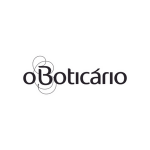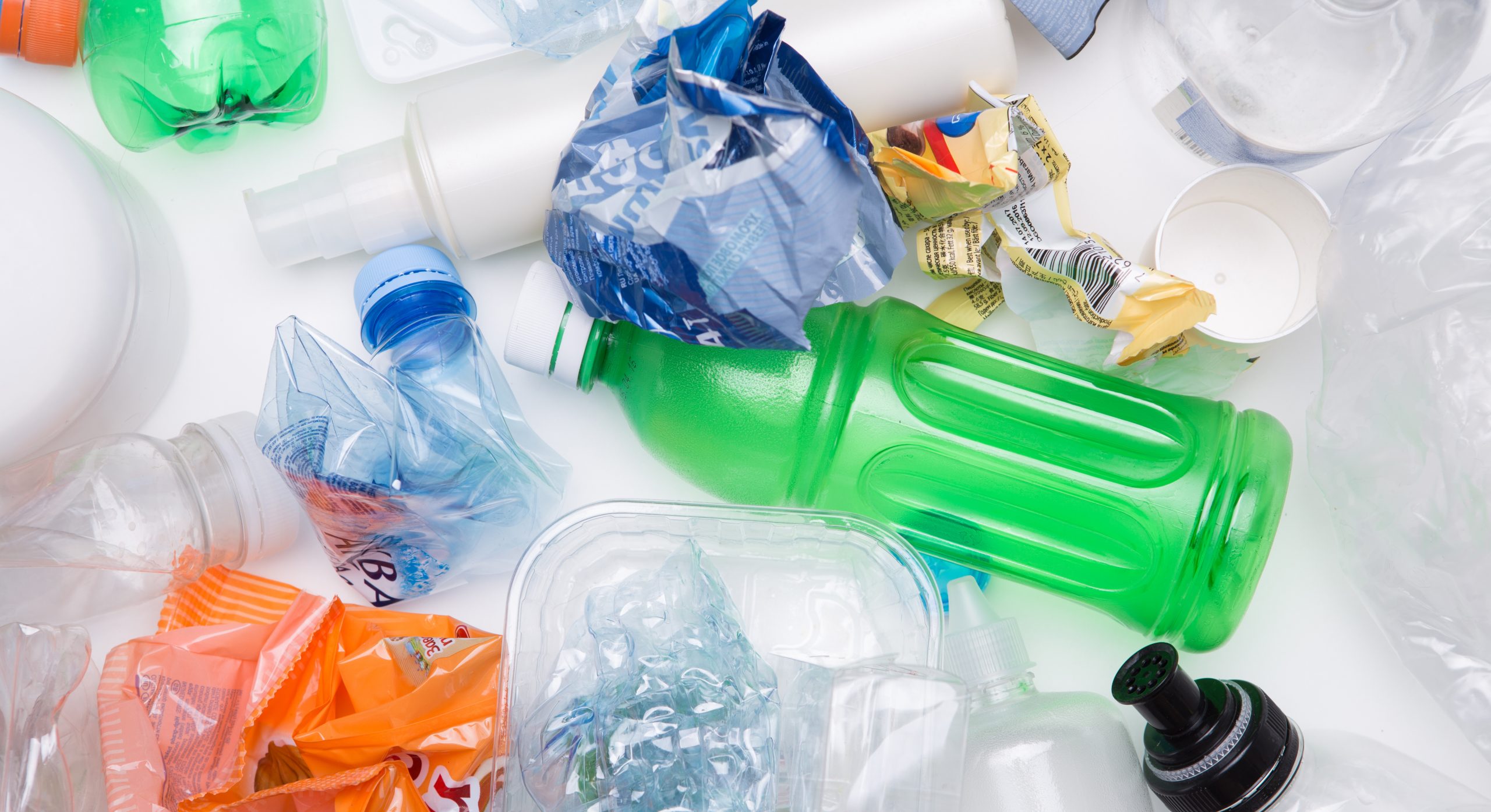BVRio developed a system of tradable ‘credits’ as instruments for facilitating compliance with Brazilian legislation relating to reverse logistics.
Funders
- Oak Foundation
- ClimateWorks Foundation
- UKFCDO
Partners
- National Association of Catadores
The Challenge
In 2010, Brazilian legislation introduced a form of Extended Producer Responsibility (EPR) requiring producers or importers in selected sectors to ensure the products they sold were collected and disposed of in an environmentally appropriate manner at the end of their lifetime. This obligation was called ‘reverse logistics’ (Logistica Reversa) and was created by a Federal Law approved in December 2010 titled, National Solid Waste Legislation (PNRS).
The law created the concept of shared responsibilities for the collection and disposal of solid waste generated by a range of industrial and commercial sectors. These legal obligations applied to producers, importers, retailers and distributors from seven industrial sectors (tyres, lubricating oils, batteries, pesticides, fluorescent lamps, electric and electronic products) and packaging in general.
These obligations created challenges and concerns among those directly affected by the legislation. Industry is very removed from the final waste generated from the products originally sold. At the same time, there were more than one million waste pickers operating in Brazil, making a living from the collection of waste materials and sending them for recycling. BVRio recognised the opportunity to connect industrial companies with the waste picker cooperatives to create a win-win system to tackle the waste pollution challenge.
BVRio’s solution
BVRio developed a system of tradable ‘credits’ as instruments for facilitating compliance with the obligation of reverse logistics. It was the first world’s waste credit system.
The project included the following activities:
- Consultation with government environmental authorities
- Analysis of the existing legislation
- Creating a collaboration agreement with the National Association of Catadores (waste pickers)

- Drafting proposals for the implementation of the Brazilian Solid Waste Legislation
- Development of a trading scheme for these tradable credits covering plastic, metal, glass and paper
- Creation of an online management system to help cooperatives track the volumes of waste received and recyclable materials sold
- Development of guidelines for monitoring and verification of tradable credits
- Customisation of BVRio’s trading platform to accommodate the negotiation of these Credits
- An engagement campaign to encourage the participation of both companies and informal waste collector cooperatives.
For the companies, the credits provide an efficient and cost effective solution to legal compliance. For the Catadores, the sale of credits provides an additional source of revenue, adding value to their activities and resulting in an important social impact.
Pilot Projects
A pilot project involving producers was undertaken to demonstrate the capability and effectiveness of the Reverse Logistics Credits system to meet the EPR obligations set by the Brazilian Government. Working with Brazil’s National Movement of Waste Pickers the projects delivered a direct benefit to waste pickers.

Sourcing circular credits for Brazilian cosmetics company Boticario.

Sourcing circular credits for Brazilian soft drink manufacturer, Reflexa (Mineirinho).

Sourcing Circular Credits for Brazilian biscuit producer Biscoitos Piraquê.
Impact
By the end of 2013
30
cooperatives in 7 states were registered on the system
1000+
catadores were represented
1600 tonnes
of solid waste recovered and recycled and turned into Reverse Logistics Credits
US$ 100,000+
Additional revenue for the cooperatives
SDG Alignment





